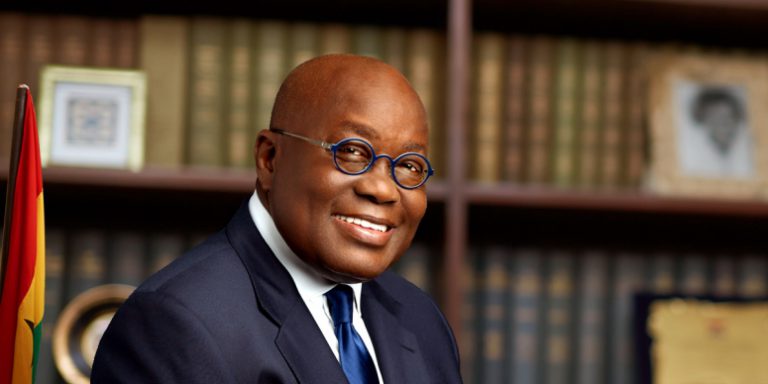Accordingly, the Receiver wishes to inform the general public that there will be a Public Auction of the first batch of used Motor Vehicles and Motor Bikes of these resolved companies. Details of the Public Auction are as follows:

Relocation of the Validation Teams of the Receiver: The Receiver of the 347 Microfinance Companies and the 23 Savings & Loans and Finance Houses Companies whose licences were revoked by the Bank of Ghana on 31 May 2019 and 16 August 2019 respectively
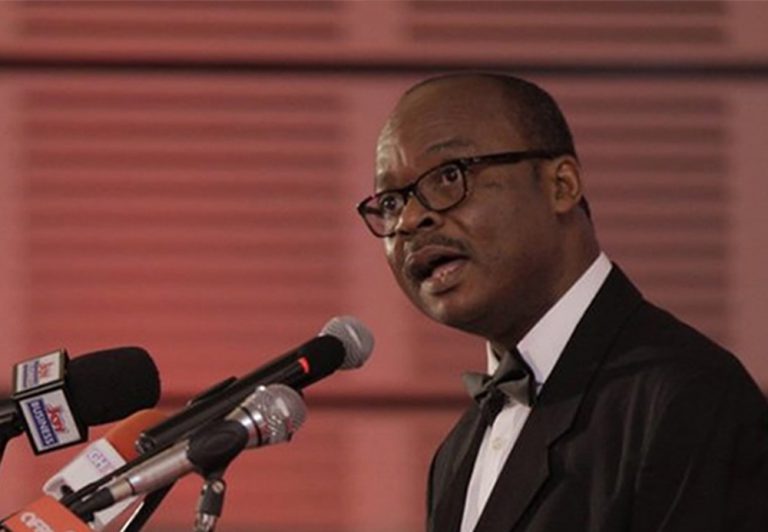
Governor of the Bank of Ghana, Dr. Ernest Addison
The Governor of the Bank of Ghana, Dr Ernest Addison has refuted suggestions that the collapse of both UT Bank and Capital Bank was a deliberate witch-hunt by the BoG.
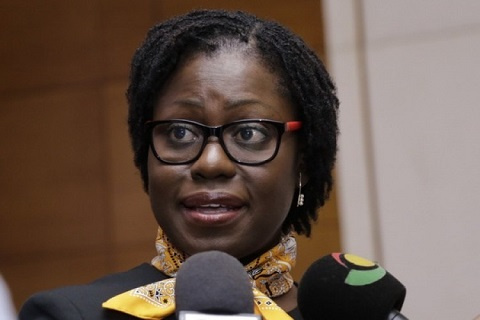
The founder of UT Group, Prince Kofi Amoabeng has been put before an Accra circuit court for his role in the collapse of his Bank in 2017. He is facing charges of stealing and money laundering.

The founder of UT Group, Prince Kofi Amoabeng has been put before an Accra circuit court for his role in the collapse of his Bank in 2017. He is facing charges of stealing and money laundering.
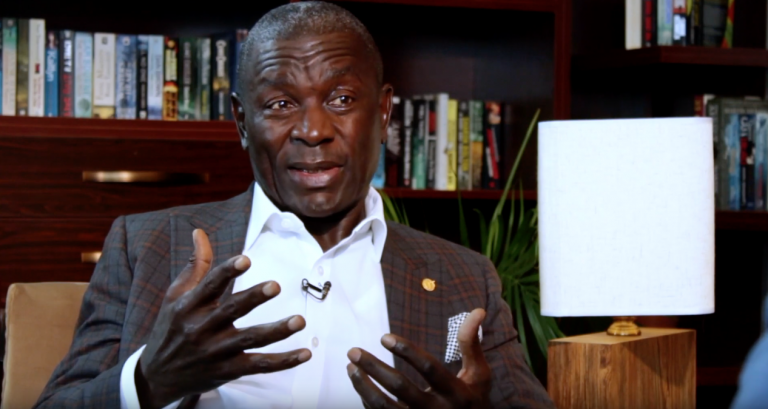
The founder of UT Group, Prince Kofi Amoabeng has been put before an Accra circuit court for his role in the collapse of his Bank in 2017. He is facing charges of stealing and money laundering.
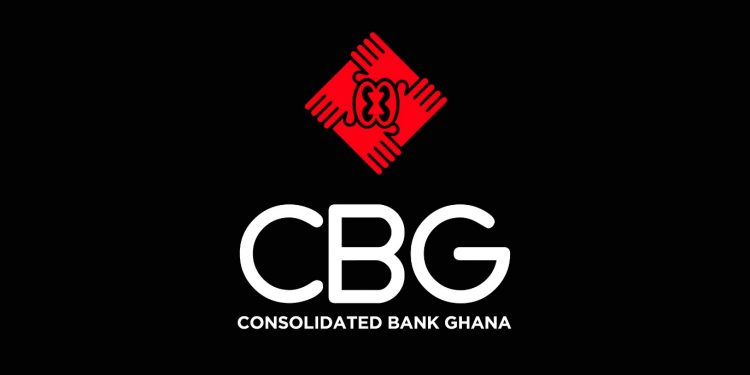
Over 400 customers of the defunct GN Bank (GN Savings and Loans) have so far received their locked up funds at the Sefwi- Asawinso branch of the Consolidated Bank Ghana (CBG).
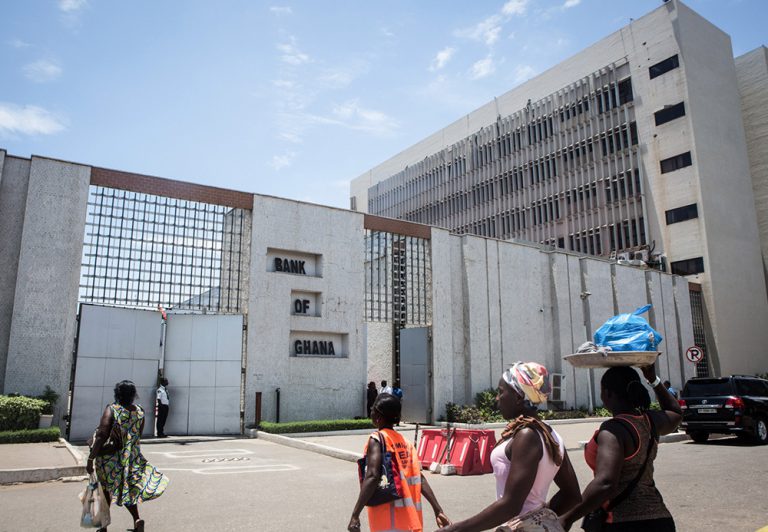
Welcome, Ladies and Gentlemen of the Media to the 91st and last MPC press briefing for the year.

The Governor of the Bank of Ghana (BoG), Dr Ernest Addison, has revealed that the banking sector of the Ghanaian economy is now profitable after the central bank carried out the cleanup exercise. He said the banks that are operating now are conforming to best practices. “The banking is now profitable liquid and solvent owing the recapitalization exercise which resulted in the collapse of some nine local banks,” he said while speaking at the monetary policy committee (MPC) meeting in Accra on Monday, November 25. Dr Addison added: “The banking sector continues to be solvent, liquid and profitable and the latest stress tests result conducted on the sector shows resilience to shocks. The industry’s financial soundness indicators (FSIs) also continued to improve as banks adhered to sound banking practices following the reforms. “The industry’s Capital Adequacy Ratio (CAR), computed in accordance with the new Capital Requirement Directive (CRD) under the Basel II/III capital framework, stood at 18.9 per cent in October 2019, well above the 13 per cent minimum regulatory benchmark. “Asset quality has also recorded some improvements with a decline in the Non-Performing Loans (NPL) ratio to 17.3 per cent in October 2019 from 20.1 per cent in October 2018. “Adjusting for the fully provisioned loss category, the industry’s NPL ratio declined further to 8.1 per cent from 11.4 per cent over the same comparative periods. The industry’s NPL ratio is projected to further decline as banks intensify loan write-offs and recovery efforts. Increased innovation and technological changes in the payment ecosystem have supported the Bank’s objective of promoting inclusive finance. Access to finance especially among the unbanked segment of the population has improved on account of financial institutions and financial technology companies’ joint deployment of mobile-based products and services. “Currently, there are sixteen (16) FinTechs that have partnered with financial institutions in the provision of mobile-based products. In addition, the completion of the mobile money interoperability project has supported the financial inclusion drive. “Total value of transactions through the interoperability platform was GH¢95.4 billion in September 2019 compared with GH¢32.6 billion in September 2018.”

